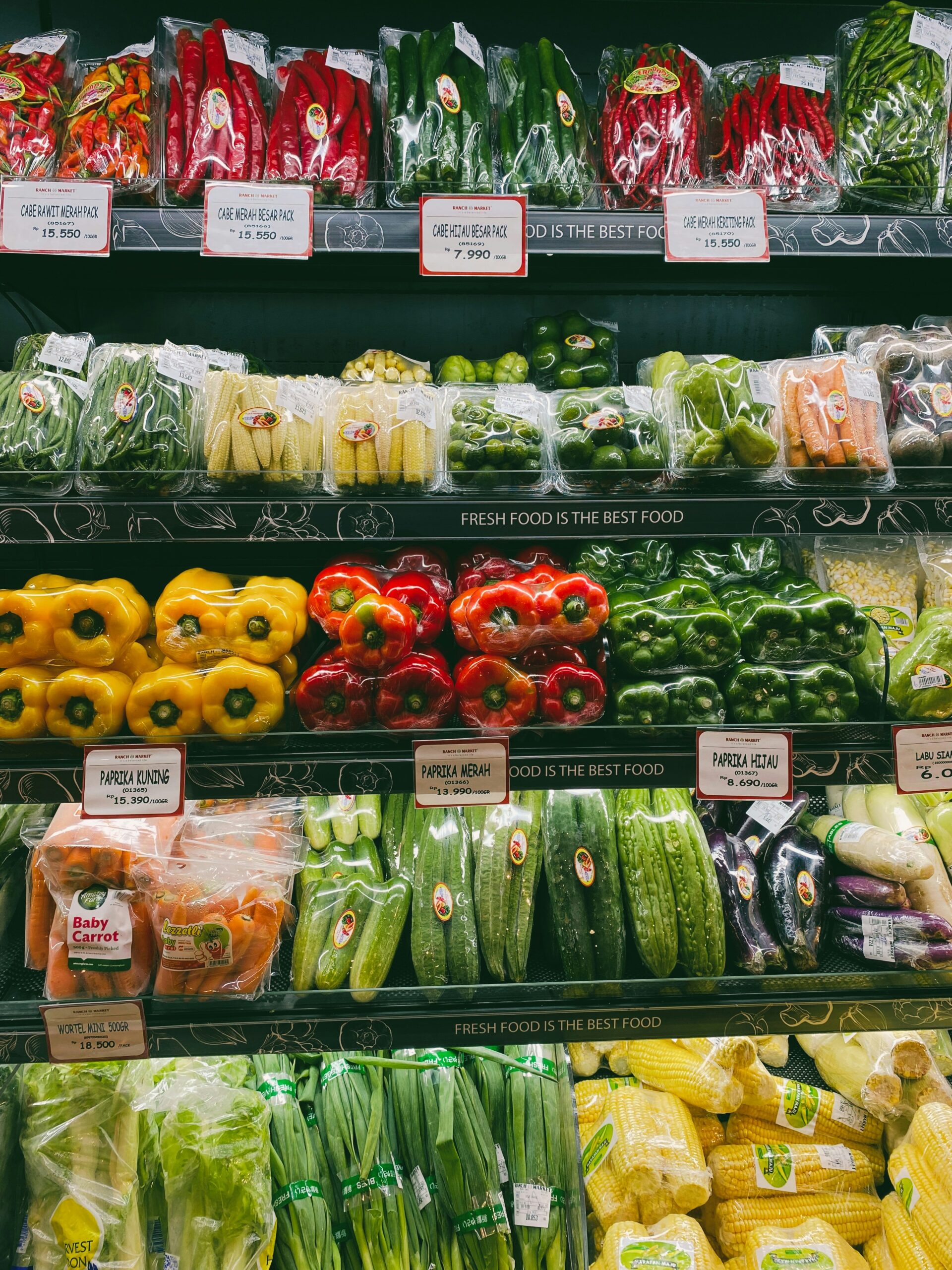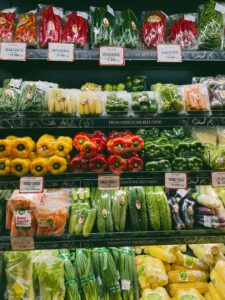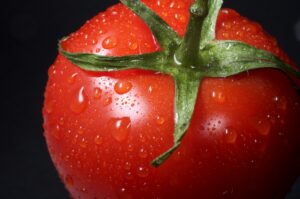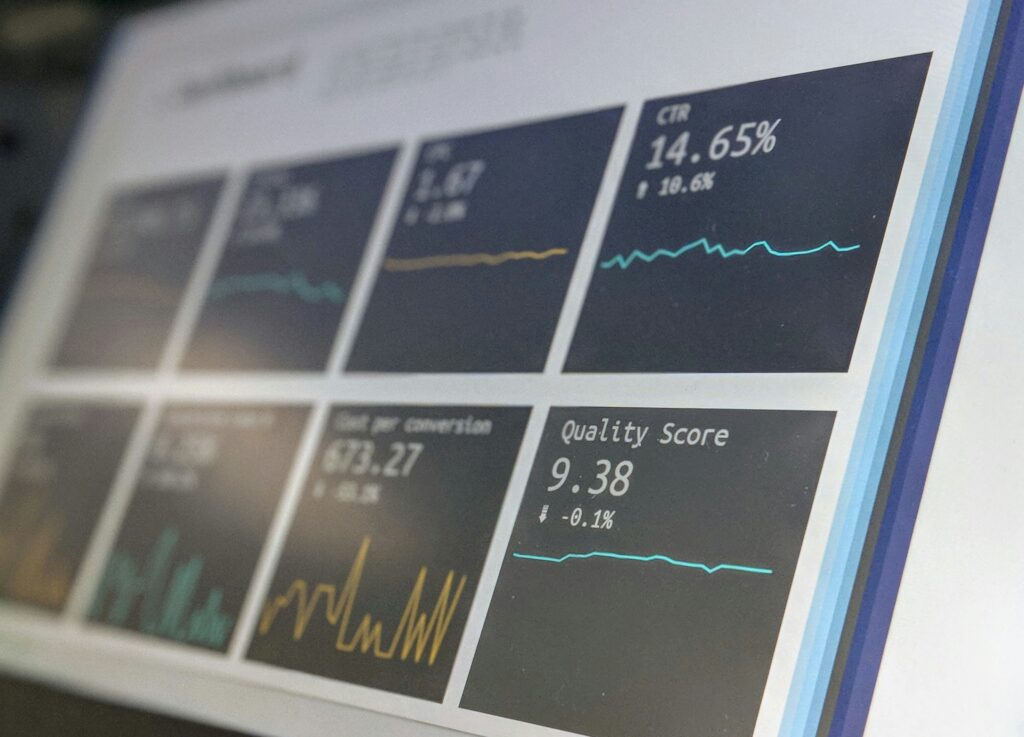What’s ahead for customs classification in food in 2025?
Topics

The global appetite for unique and sustainable food and drink products is booming, creating exciting opportunities for exporters in 2025. From plant-based proteins to exotic spices and functional beverages, the demand for innovative products is surging. But with opportunity comes complexity, particularly when it comes to customs classification.
 The accurate classification of food and drink products is critical to avoid shipment delays, fines, and increased administrative headaches. Many exporters are looking to advanced solutions like TariffTel to tackle this challenge head on. By automating classification, integrating supplier data, and keeping up with regulatory updates, platforms like TariffTel ensure precise tariff code assignment. This not only helps businesses stay compliant but also protects profit margins in an increasingly competitive global market.
The accurate classification of food and drink products is critical to avoid shipment delays, fines, and increased administrative headaches. Many exporters are looking to advanced solutions like TariffTel to tackle this challenge head on. By automating classification, integrating supplier data, and keeping up with regulatory updates, platforms like TariffTel ensure precise tariff code assignment. This not only helps businesses stay compliant but also protects profit margins in an increasingly competitive global market.
Here, we look at how UK businesses can position themselves for success by prioritising accurate classification, and the potential challenges that lie ahead.
Positioning UK brands for success
For UK food and drink exporters, leveraging technology is key to staying ahead in international trade. Complex products like plant-based meals and health-focused beverages often pose classification challenges, but by collecting and storing detailed data on products — including ingredient lists and nutritional information — the process can be simplified.
 The problem lies when many of these innovative new products don’t fit neatly into existing tariff categories, leading to ambiguity and increased risk of misclassification. Even the simple tomato has recently experienced significant changes to the way it is classified. With more than 10,000 tomato varieties, recent tariff book changes have been introduced creating new headings and changes to existing categories. This is to account for the wide range of diversification within this one simple food item.
The problem lies when many of these innovative new products don’t fit neatly into existing tariff categories, leading to ambiguity and increased risk of misclassification. Even the simple tomato has recently experienced significant changes to the way it is classified. With more than 10,000 tomato varieties, recent tariff book changes have been introduced creating new headings and changes to existing categories. This is to account for the wide range of diversification within this one simple food item.
Accurate classification not only ensures compliance but importantly, helps determine accurate exports costs, allowing businesses to maintain healthy profit margins. Companies that adopt robust systems, like TariffTel, can efficiently handle tariff book updates and navigate changing regulations, giving them not only the accurate tariff code, but a crucial competitive edge in the market.
By strengthening compliance and operational efficiency, UK exporters can seize new opportunities and achieve long-term growth.
Challenges facing food and drink exporters
Exporters in 2025 need to navigate a number of crucial factors affecting classification. Evolving trade regulations, innovative product categories, and global supply chain complexities are three of the main challenges to prepared for.
 Trade policies continue to shift due to geopolitical changes, such as Brexit, ongoing trade negotiations between major economies and the biggest one of all, the introduction of the new US administration. It will be important to keep pace with updates to tariff schedules, customs procedures, and compliance rules in these markets as the year progresses and trade agreements are made.
Trade policies continue to shift due to geopolitical changes, such as Brexit, ongoing trade negotiations between major economies and the biggest one of all, the introduction of the new US administration. It will be important to keep pace with updates to tariff schedules, customs procedures, and compliance rules in these markets as the year progresses and trade agreements are made.
Data management also remains a persistent issue affecting many exporters. Not only are some exporters often unaware of which pieces of information are vital to collect for classification, but integration and communication between suppliers and manufacturers further exacerbates the problem of collecting and managing data. One of TariffTel’s core strengths is its ability to streamline the classification process using a centralised, intelligent platform that integrates detailed product data—such as ingredient breakdowns, nutritional information, and other specific data (e.g. BRIX value, MNFS). When classifying, the devil really is in the data and obtaining data at source from suppliers and manufacturers can make all the difference.
How TariffTel can support business looking to prioritise compliance
With real-time updates and expert support, TariffTel ensures accurate classification for even the most complex food and drink products you can throw at it! By integrating supplier and product data, the platform reduces administrative burdens and mitigates risks associated with misclassification.
Don’t just take our word for it.
The benefits of the platform were evident to M&S post-Brexit when they faced regulatory hurdles to ship their goods. TariffTel proved invaluable and helped them classify products quickly and accurately, avoiding delays and ensuring compliance. This streamlined process not only saved time but also safeguarded their reputation and profitability.
In 2025, having the right technology foundations in place to manage classification will be essential for exporters looking to thrive in an increasingly dynamic global marketplace. Get in touch with our team to find out how TariffTel can support you.
Other Useful Resources
Do customs brokers ensure tariff code compliance?
Customs brokers have long been essential partners for businesses operating in the complex world of international trade. ...
How incorrect HS codes are driving up costs (and how to stop it)
Accurate customs classification can make or break a business’s bottom line. Yet, many companies underestimate the impo...
Unlocking the power of data and the role of AI classification
Customs classification is the backbone of global trade compliance, ensuring products are categorised accurately under th...



